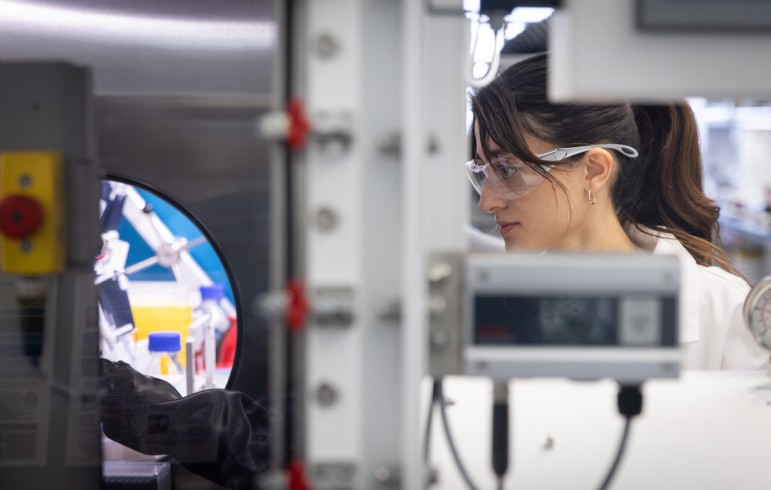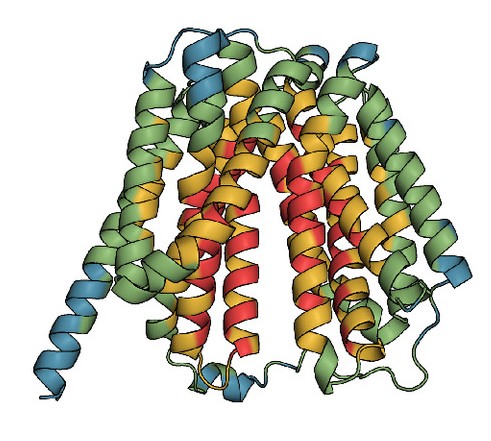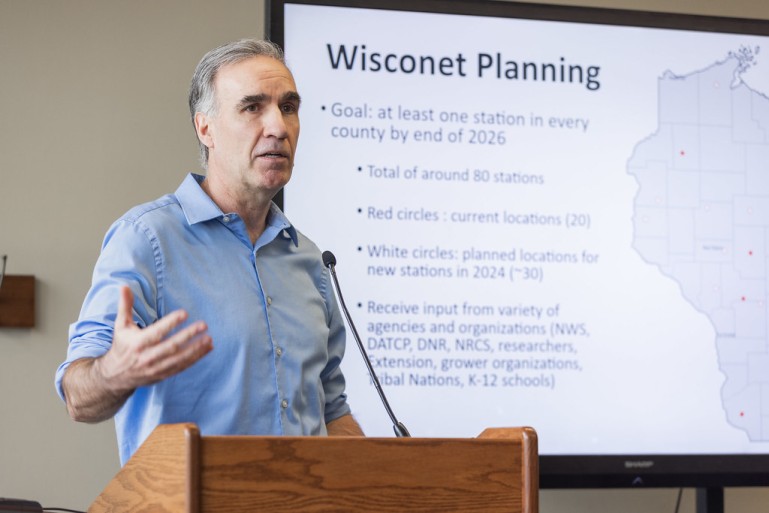Back in 2010, Jeff Vinokur was a college student with an interest in biofuels when he donned a rhinestone lab coat, busted some dance moves and launched a career as a science educator.
Despite thousands of discoveries, patents, and technological breakthroughs, many of the University of Wisconsin–Madison's greatest contributions have been basic research, the quest to better understand fundamental aspects of the world and provide the knowledge that underpin technological advances
Tim Donohue never imagined that he would lead a multimillion-dollar energy research initiative when joined the university in 1986 as an assistant professor of bacteriology.
Research points to environmental, economic, social, and health benefits of shifting energy systems from fossil fuels to low-carbon sources including solar, wind, hydro, nuclear, and biofuels.
In the past decade, downtown Madison has seen the installation of Free Little Libraries with solar-powered phone charging stations. A PhD student attended two COP conferences after publishing a policy analysis on the Paris Agreement. A group of students published their capstone work in an esteemed journal. All of this happened because of a flourishing Energy Analysis and Policy certificate program — which couldn’t have happened without Jeff Rudd’s support.
An expert on nuclear power plant safety, Wes Foell was appointed to the University of Wisconsin–Madison faculty in 1967, when proponents believed the technology wo
In the leadup to the second World War, scientists from the University of Wisconsin–Madison contributed to research on high-test aviation fuel as well as efforts to build the first atomic bomb.



